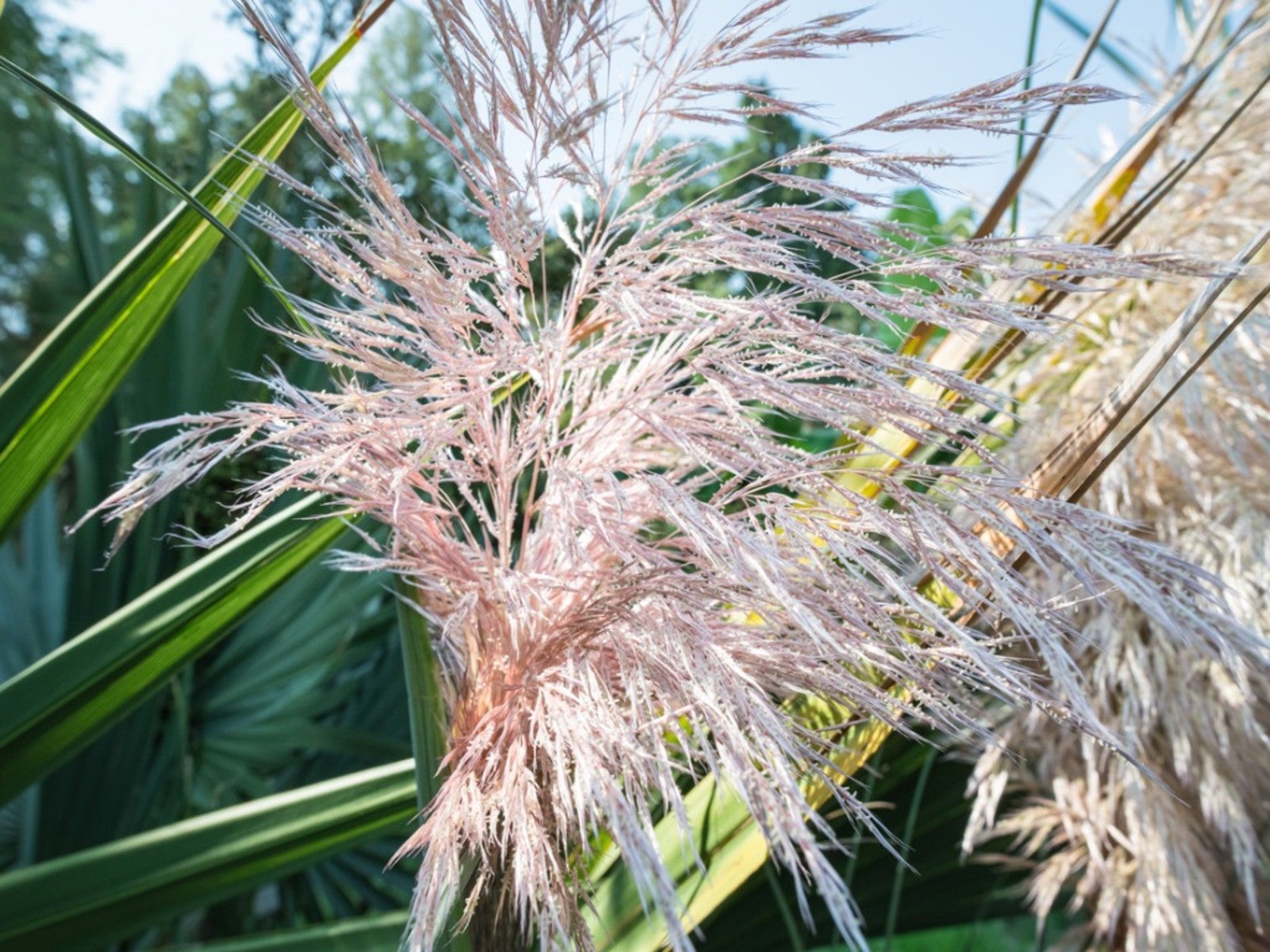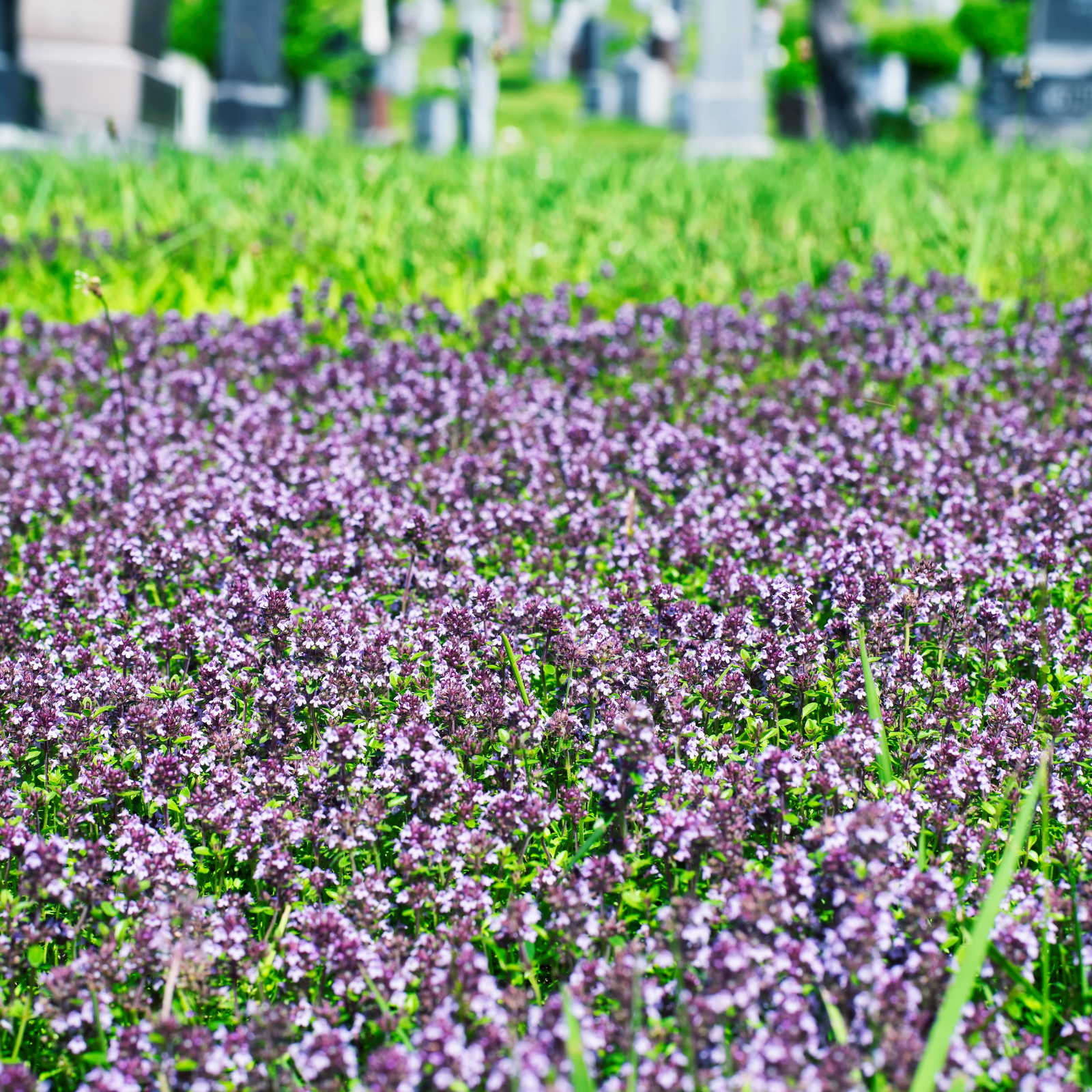What Is Siberian Melic - Tips For Growing Siberian Melic Grass


Siberian melic altissima is an ornamental grass with striking, deep purple panicles in summer. Use this grass for borders, cottage gardens, meadows, as a focal point, or anchor in a mixed bed with flowers. This grass is easy to grow and requires little maintenance.
What is Siberian Melic?
Siberian melic grass is an ornamental grass with the scientific name Melica altissima. Native to Siberia, this pretty grass adapts well to many other areas and makes a nice decorative accent or focal point in beds with flowers.
The perennial grass grows in attractive, neat clumps as tall as five feet (1.5 m.) by the second season in the garden. Each clump is approximately 20 inches (51 cm.) wide. The leaves of Siberian melic are light green, long, and thin. The stems arch and produce panicles with flowering spikes in the summer.
What is most striking about Siberian melic is the color of the flowers. They are a deep reddish purple and glossy. They look lovely in a garden bed or border, but the flower spikes are also great additions to cut arrangements. Although not native to the US, Siberian melica attracts birds to the seeds as a food source.
Growing Siberian Melic
You can grow Siberian melic easily in USDA zones 4 through 8. You can grow it from seed or from transplants if you can find it at your local garden center. Full sun is ideal for Siberian melic, but it will be fine in partial shade. The soil does not need to be particularly fertile but should drain well.
Once established, Siberian melic care requirements are low. It may need some watering to get established and during droughts but otherwise will grow well with little intervention. Keep the grass in place in the fall for visual interest in the winter garden. Trim the old foliage back in early spring as new growth appears. You can propagate Siberian melic by division in spring.
Gardening tips, videos, info and more delivered right to your inbox!
Sign up for the Gardening Know How newsletter today and receive a free copy of our e-book "How to Grow Delicious Tomatoes".

Mary Ellen Ellis has been gardening for over 20 years. With degrees in Chemistry and Biology, Mary Ellen's specialties are flowers, native plants, and herbs.
-
 Get Ready For A Summer Of Hummers! Grow These Full Sun Hummingbird Plants and Flowers
Get Ready For A Summer Of Hummers! Grow These Full Sun Hummingbird Plants and FlowersIf you’re lucky enough to enjoy a sunny backyard, make sure you are maxing out on your pollinator opportunities and grow these full sun hummingbird plants and flowers
By Tonya Barnett
-
 12 Lush Alternatives To A Lawn For Sustainable Spaces
12 Lush Alternatives To A Lawn For Sustainable SpacesAlternatives to a lawn are beautiful and also beneficial to your local ecosystem and its pollinators. Explore our top picks for plants to replace grass.
By Tonya Barnett